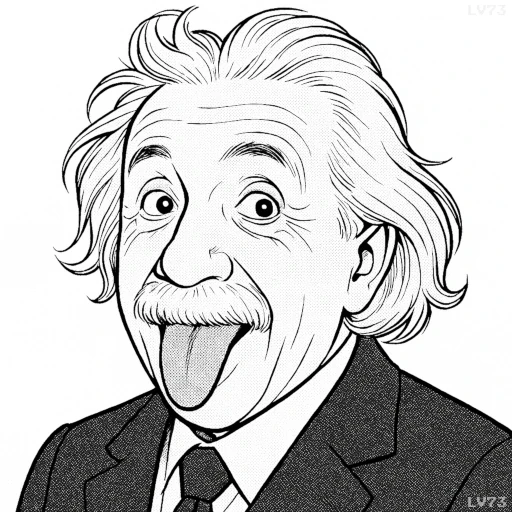“Nationalism is an infantile disease. It is the measles of mankind.”

- March 14, 1879 – April 18, 1955
- German-born Jew
- Physicist
table of contents
Quote
“Nationalism is an infantile disease. It is the measles of mankind.”
Explanation
In this quote, Einstein critiques nationalism as a limiting and harmful mindset that divides humanity. By calling it an “infantile disease,” he implies that nationalism is an immature or primitive way of thinking that fosters division and conflicts, much like a contagious illness. Comparing nationalism to measles, a disease associated with outbreaks and widespread harm, Einstein suggests that an excessive focus on national identity can prevent people from seeing themselves as part of a larger, interconnected human community. For Einstein, nationalism is a hindrance to global unity and progress.
Historically, nationalism has played a role in both uniting and dividing societies. While it can inspire collective pride and solidarity within a nation, it has also fueled wars, conflicts, and discrimination against those perceived as “outsiders.” Figures like Mahatma Gandhi and Martin Luther King Jr. advocated for values that transcend national boundaries, emphasizing shared humanity and global solidarity. Einstein’s view reflects his belief in global citizenship, suggesting that our allegiance should be to humanity as a whole rather than limited by national borders.
In today’s interconnected world, Einstein’s insight reminds us to be wary of the dangers of extreme nationalism and to foster a sense of global responsibility. While pride in one’s culture or heritage can be positive, Einstein encourages us to avoid exclusivity or antagonism based on national identity. His words inspire us to think beyond borders, recognizing that humanity’s challenges and potential for progress are collective and that true maturity lies in embracing unity over division.
Would you like to share your impressions or related stories about this quote in the comments section?


